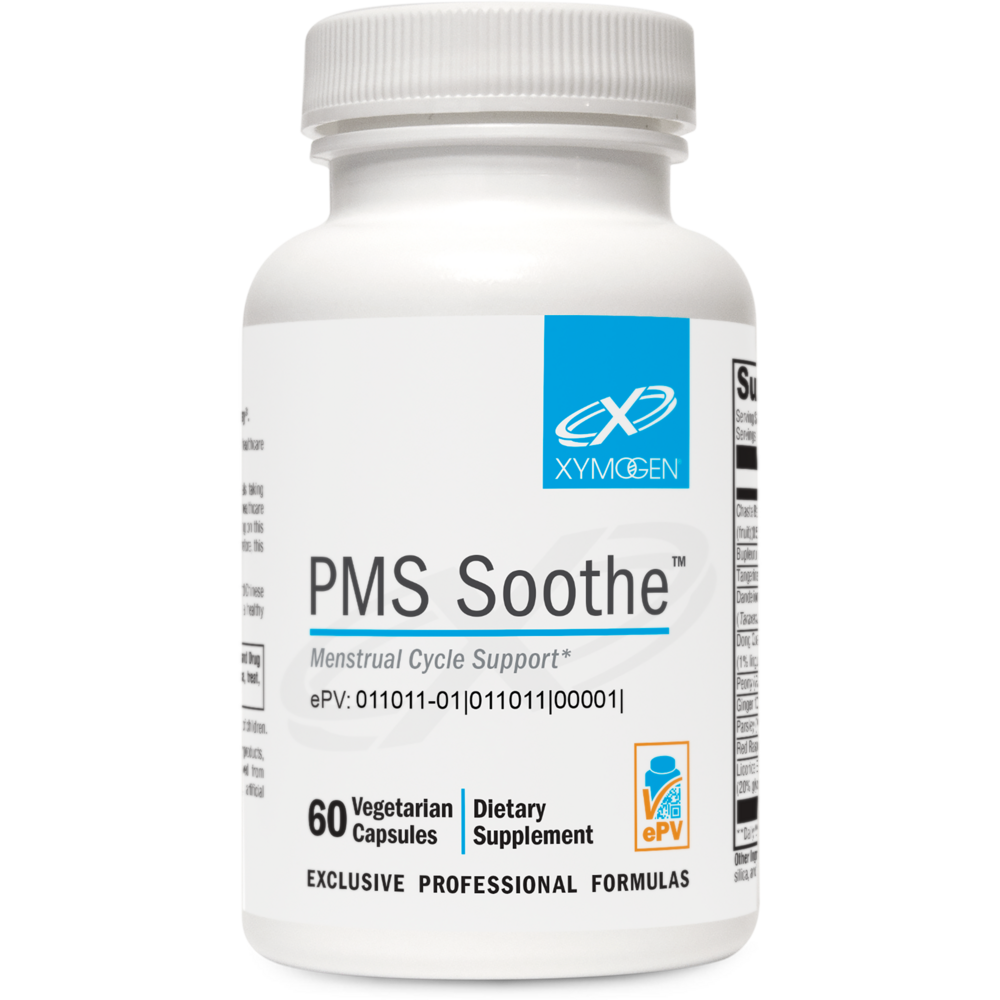The Most COMMON Signs and Symptoms of Low Progesterone
In my practice, I frequently encounter a common issue among women: low progesterone levels. Progesterone is a hormone produced primarily by the ovaries in women. It plays a vital role in regulating the menstrual cycle, supporting pregnancy, and maintaining overall hormonal balance.
It’s important to know that progesterone levels fluctuate throughout the menstrual cycle, peaking during the luteal phase (the second half of the cycle) in preparation for potential pregnancy, so be aware that progesterone levels may fall below optimal ranges during certain phases of the menstrual cycle.
However, persistently low progesterone levels throughout the luteal phase or consistently low levels across multiple cycles may indicate a more significant imbalance requiring attention and intervention.
These are some of the most common signs and symptoms I see in women with low progesterone:
Irregular Menstrual Cycles: Low progesterone levels can lead to irregular or absent menstrual cycles. Women may experience shorter or longer cycles, as well as spotting between periods.
Premenstrual Syndrome (PMS): Low progesterone levels can exacerbate symptoms of PMS, including mood swings, irritability, bloating, breast tenderness, and food cravings.
Infertility or Difficulty Conceiving: Progesterone plays a crucial role in preparing the uterine lining for implantation of a fertilized egg. Low progesterone levels can contribute to infertility or difficulty conceiving.
Miscarriage Risk: Adequate progesterone levels are essential for maintaining a healthy pregnancy. Low progesterone levels may increase the risk of miscarriage, particularly in the first trimester.
Fatigue and Sleep Disturbances: Progesterone has calming effects on the central nervous system, promoting relaxation and sleep. Low progesterone levels may contribute to fatigue, insomnia, and disrupted sleep patterns.
In addition to lifestyle strategies, there are several supplements that can support healthy hormone balance. Let’s talk about the benefits of Chasteberry, also known as Vitex, a herbal supplement renowned for its benefits in supporting healthy hormones:
Regulates Menstrual Cycles: Chasteberry may help regulate irregular menstrual cycles by supporting progesterone production and balancing estrogen-progesterone ratios.
Alleviates PMS Symptoms: Studies suggest that Chasteberry may reduce symptoms of PMS, including mood swings, breast tenderness, bloating, and headaches.
Supports Fertility: Chasteberry may improve fertility outcomes by promoting ovulation, regulating menstrual cycles, and supporting luteal phase progesterone production.
Relieves Menopausal Symptoms: Chasteberry may help alleviate symptoms of menopause, such as hot flashes, night sweats, and mood disturbances, by supporting hormonal balance.
My favorite supplemental form of chasteberry is this one from Xymogen which now sells on Fullscript! I love this blend for all the hormonal symptoms as we work to regulate the root cause!
You can find it in our dispensary and save an additional 10% here!
If you're experiencing signs and symptoms of low progesterone or have concerns about your hormonal balance, please know that you don’t have to go through this alone. Book a discovery call with our team to explore personalized strategies and naturopathic solutions tailored to your specific needs.


